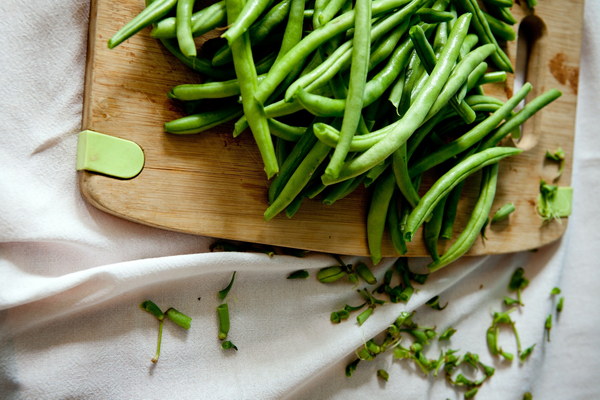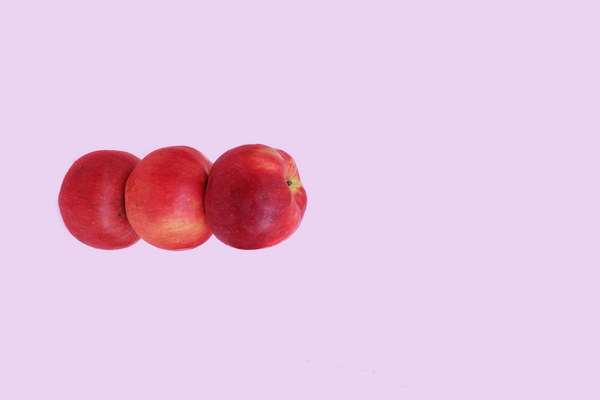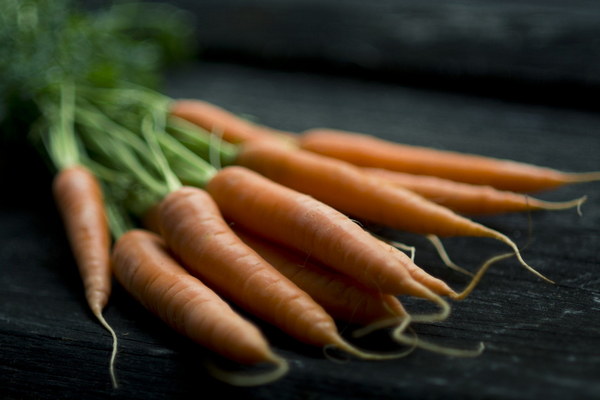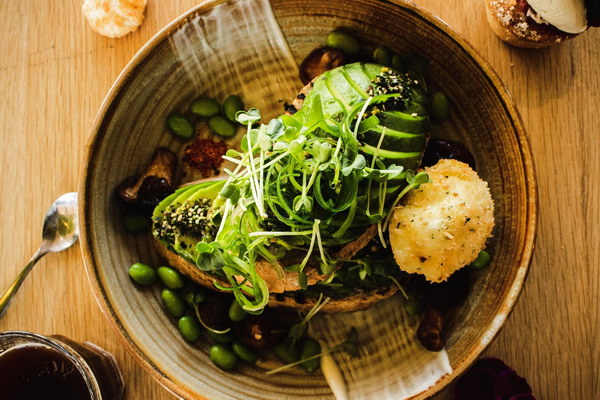Reviving Qi and Blood A Guide to Post-Hysterectomy Recovery
Introduction:
Undergoing a hysterectomy is a significant surgical procedure that can have profound effects on a woman's body and well-being. While it can be a life-saving or necessary decision in some cases, it often leads to concerns about post-surgery recovery, particularly in terms of maintaining healthy levels of Qi (vital energy) and Blood. This article aims to provide a comprehensive guide on how to effectively replenish Qi and Blood after a hysterectomy, incorporating traditional and modern approaches.
I. Understanding Qi and Blood in Traditional Chinese Medicine (TCM)
In TCM, Qi and Blood are essential components of a person's health. Qi is the vital energy that animates the body and protects it from illness, while Blood nourishes the tissues and organs. A hysterectomy can disrupt the balance of these vital elements, leading to fatigue, weakness, and other post-surgery symptoms.
II. Post-Hysterectomy Recovery: The First Month
1. Rest and Healing
The first month after a hysterectomy is crucial for healing. Adequate rest, gentle exercise, and a balanced diet are essential. Avoiding heavy lifting and strenuous activities can prevent complications and aid in recovery.
2. Nutrition
A well-rounded diet rich in essential nutrients can help replenish Qi and Blood. Focus on the following foods:
- Iron-rich foods: Lentils, beans, lean meats, and dark leafy greens.
- Vitamin C: Citrus fruits, strawberries, bell peppers, and kiwi, which enhance iron absorption.
- Vitamin B12: Fortified cereals, fish, meat, and dairy products.
- Folic acid: Leafy greens, beans, and fortified grains.
- Protein: Eggs, dairy, poultry, and fish for tissue repair.
- Essential fatty acids: Flaxseeds, chia seeds, walnuts, and fatty fish.
III. Herbs and Supplements
Traditional Chinese herbs can be used to support Qi and Blood. Consult with a TCM practitioner to determine the right combination of herbs for your specific needs. Common herbs include:
- Astragalus (Astragalus membranaceus): Strengthens the immune system and boosts Qi.
- Codonopsis (Codonopsis pilosula): Aids in the production of Qi and Blood.
- Goji berries (Lycium barbarum): Nourish the kidneys and enhance the immune system.

- Dong quai (Angelica sinensis): Known for its blood-building properties.
Always consult with a healthcare professional before starting any new supplement regimen.
IV. Acupuncture and Massage
Acupuncture and massage therapy can help alleviate pain, reduce stress, and improve circulation, which in turn supports the body's natural Qi and Blood flow. These therapies can be particularly beneficial during the recovery period.
V. Exercise and Physical Activity
Once cleared by your doctor, gentle exercise can help improve circulation, boost Qi, and enhance overall well-being. Activities such as walking, yoga, and tai chi can be beneficial.
VI. Mental Health and Stress Management
Mental health is an important aspect of recovery. Stress and anxiety can deplete Qi and Blood. Techniques such as mindfulness meditation, deep breathing exercises, and counseling can help manage these emotions.
Conclusion:
Recovering from a hysterectomy requires a holistic approach that addresses both physical and emotional needs. By focusing on replenishing Qi and Blood through proper nutrition, herbal support, and complementary therapies, women can enhance their recovery and improve their quality of life. Always consult with healthcare professionals before making any significant changes to your lifestyle or treatment plan.









